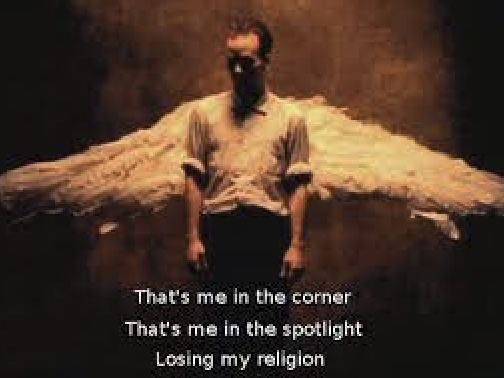If you look up the term “mash-up” in an online dictionary, you will find lots of definitions — including various mass-media riffs. For example: “a movie or video having characters or situations from other sources.” Or maybe: “a Web service or application that integrates data and functionalities from various online sources.”
This week’s “Crossroads” podcast (click here to tune that in) is a kind of GetReligion mash-up.
Let me explain. As a rule, this website focuses on critiques — positive, negative and in between — of mainstream coverage of religion news or other hard-news stories that are “haunted” by religion “ghosts” that journalists either missed, ignored or messed up.
However, we also run various kinds of “think pieces” drawn from the work of political scientist Ryan Burge and a variety of other news sources that address trends that affect news coverage. And religion-beat patriarch Richard Ostling writes Memos in which he looks ahead at newsy religion events and trends.
This week’s podcast focused on a painful, blunt, first-person essay that ran at the important news and commentary website known as The Free Press. It was written by a non-journalist — National Council on Severe Autism President Jill Escher — and the double-decker headline proclaimed:
The Autism Surge: Lies, Conspiracies, and My Own Kids
Rates of autism are skyrocketing. The question isn’t just why — but what we need to do about it right now, and what’s holding us back.
This commentary wasn’t “news,” but it contained waves of information that news-consumers would want to see. This wasn’t a feature that directly addressed religious issues or themes, but I was struck by how many questions it raised that are already affecting religious believers and institutions.
The bottom line: America’s mental-health crisis will inevitably crash into religious congregations, schools, medical institutions, etc. The decisions that these religious groups make, or refuse to make, will create important news stories for religion-beat journalists.
The podcast, and this post, are a kind of tmatt Memo about the stories that are ahead. I wrote this, in part, because I have already seen the importance of this topic in the lives of many people that I know and love in religious congregations that I know well.










